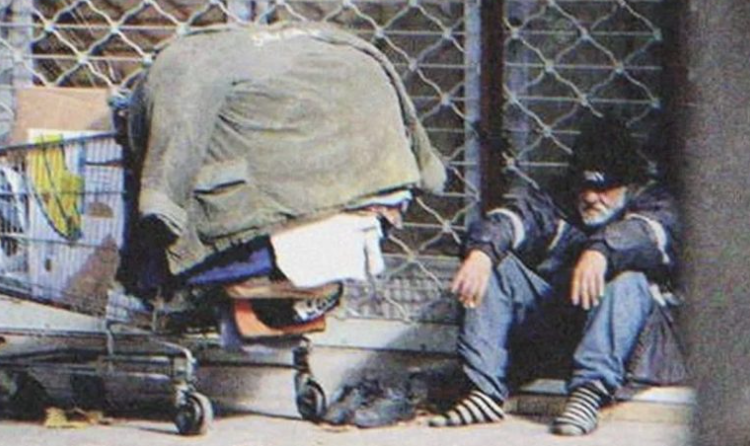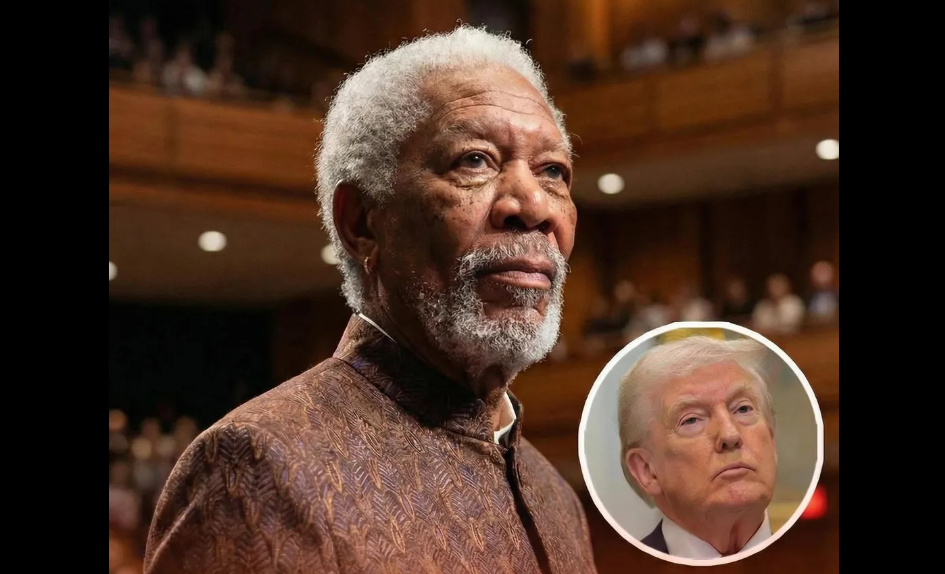When Mr. Larry Hutchins turned 90, a pressing thought emerged: he had no heir. This realization stirred a deep concern within him. One morning, he made an unconventional decision: dressed as a homeless man, he would visit his own grocery store to seek someone worthy of inheriting his legacy. But this would prove far from easy.
Mr. Hutchins, a wealthy 90-year-old and owner of Texas’ largest grocery store chain, was a striking figure. His hazel eyes and silver-streaked hair gave him a distinguished appearance. Yet, his dedication to his business left little room for a personal life, resulting in no spouse or children to inherit his empire.
As he aged, the absence of an heir began to weigh on him. “Who will inherit my estate when I’m gone?” he often wondered. He dismissed the idea of donating to charity, wanting his legacy to benefit someone who truly appreciated its value. Friends were also not an option; decades in business had taught him that friends could quickly turn into foes.
Seeking advice, Mr. Hutchins contacted his lawyer, William Carter. “What do you think, Will? I’m at a loss here,” he admitted during their call.
“Well, Mr. Hutchins,” Carter responded, “I understand you’re not inclined to donate to charity. Do you have any distant relatives?”
“No, Will,” Hutchins replied with a sigh. “I was orphaned young, and nobody took me in. I came to Texas with nothing and built my life from the ground up. I want my estate to go to someone who understands the value of hard work.”
“Understood, sir. Give me until Friday, and I’ll have some ideas ready for you,” Carter assured him.
Hutchins agreed, but deep down, he doubted his lawyer could solve the problem. That night, he sat in his study, jotting down potential heirs. After hours of contemplation, the notepad remained blank. Frustrated, he set his pen aside. Then, an idea struck him: What if I tested my employees? Surely, someone among them values hard work as much as I do.
The next morning, dressed in tattered clothes with a fake beard and an old cane, Hutchins ventured to one of his stores.
“Get out of here, old man!” barked Lincy, the cashier, upon seeing him. “People like you don’t belong in this store.”
“Please, ma’am,” he pleaded. “I’m just hungry and need a little food.”
“Well, you’re in the wrong place,” she replied coldly. “Go beg on the streets.”
Disheartened, Hutchins wandered through the store, hoping a customer might show kindness. But instead, he was met with hostility.
“Who let this filthy man in here?” a woman exclaimed. “Stay away—you reek!”
“Give him some money and send him off,” another customer suggested.
When Hutchins tried to explain himself, a saleswoman approached. “You need to leave immediately! Our customers are complaining,” she said.
Hutchins was ready to leave, convinced his experiment was a failure. Then, a voice rang out: “Everyone, back off!”
He turned to see Lewis, a 25-year-old administrator, standing firm. A college dropout with financial struggles, Lewis was one of the youngest employees in the store.
“Lincy,” Lewis said sternly, “get back to work, or I’ll report this to Mr. Hutchins himself.” He turned to Hutchins. “Sir, I’m so sorry for the way you’ve been treated. Please, come with me.”
Lewis escorted Hutchins through the store, filling a basket with groceries. After paying for the items, he handed them over with a kind smile.
“Thank you, young man,” Hutchins said, his voice trembling. “May I ask why you helped me, even when others didn’t?”
Lewis replied earnestly, “Years ago, I came to Mr. Hutchins for a job. I had no experience, no money, and no place to stay. But he gave me a chance and even helped me find an apartment. That kindness changed my life, and I believe in paying it forward.”
Hutchins smiled warmly. You’ve found your heir, Larry, he thought.
Seven years later, after Mr. Hutchins passed away, Lewis received a call from Carter, informing him that he had inherited the estate. Along with the fortune came a letter explaining Hutchins’ test and why he had chosen Lewis.






